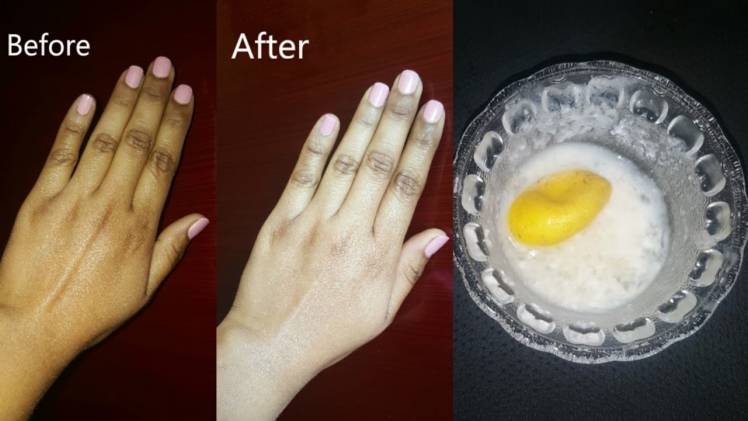The modern real estate agent wears many hats—marketer, negotiator, counselor, and often, crisis manager. As real estate professionals continue to expand their knowledge in areas like market trends, tech platforms, and client service, one critical aspect is often overlooked: personal and public safety.
While agents regularly focus on due diligence, disclosure laws, and property conditions, real-world emergencies don’t always follow protocol. Whether you’re hosting an open house or showing a property in a remote area, knowing how to react quickly in unexpected situations can be just as essential as closing a deal.
Real Estate Isn’t Always Predictable
Every transaction is different, and so is every day in the life of a real estate agent. You may be conducting back-to-back showings one moment and navigating a last-minute inspection issue the next. Amid the hustle, it’s easy to forget that you’re often entering unfamiliar homes, interacting with strangers, and navigating neighborhoods that aren’t your own.
The risk is small—but it exists. Medical emergencies, slips and falls, or even highly emotional client moments can escalate quickly. When those moments happen, being able to stay calm and act appropriately is what separates a professional from a liability.
Safety as a Value-Add for Clients
Buyers and sellers expect a lot from their agents. They’re not just hiring someone to unlock doors—they’re looking for a knowledgeable guide who can handle high-stakes situations with professionalism and care.
Being trained in emergency preparedness enhances your value proposition in a competitive market. It shows clients that you’re not only skilled in negotiations and staging advice but also equipped to care for their well-being.
Adding certifications like First aid and CPR training to your toolkit sends a strong message: you take your role seriously, and you’re ready for more than just the paperwork.
Open Houses and the Unexpected
Hosting an open house means managing people, flow, and safety—all without a clear sense of who’s walking through the door. While most open houses go smoothly, you are, in essence, functioning as both host and security lead.
Imagine someone fainting from heat exhaustion during a summer walkthrough, or a child tripping on a stair. Do you know what to do? Do you have a basic first aid kit nearby? These may seem like fringe scenarios, but being prepared for them builds confidence and trust with visitors and fellow agents alike.
Risk Management Is More Than Insurance
While your brokerage likely has policies and coverage in place, personal preparedness reduces risk on the ground. That includes:
- Knowing how to handle medical events
- Responding quickly to minor accidents
- Staying composed in high-stress environments
- Creating safer conditions for showings and walkthroughs
The more you’re equipped to respond, the more you’re able to protect your reputation, your clients, and your own peace of mind.
A Growing Trend in Professional Development
As the real estate industry evolves, continuing education is no longer just about CE credits. Agents are attending marketing bootcamps, tech trainings, and even leadership retreats. Personal safety training is starting to gain traction in that mix—and for good reason.
It fits within a broader professional trend of developing well-rounded, responsible agents who can lead confidently in any situation. Brokerages that invest in this type of training often see stronger team dynamics, better client feedback, and fewer on-site incidents.
Easy Ways to Get Started
If you’re not sure where to begin, here are some low-lift options to boost your emergency readiness:
- Keep a basic first aid kit in your vehicle or open house materials
- Review your brokerage’s emergency protocols
- Take an introductory CPR or first aid course—many can be done in a few hours
- Talk to your broker about offering an office-wide training workshop
These steps don’t just protect others—they make you feel more in control, too.
Final Thoughts: Leading with Care Is a Business Strategy
Real estate has always been a people-first industry. That means caring not just about your clients’ properties, but their experiences—and their safety. As a professional, you’re already used to adapting quickly, multitasking, and handling surprises. Adding basic emergency preparedness to your list of strengths is simply the next step in becoming the most trusted, well-rounded version of yourself.
Because whether you’re reviewing contracts or assisting during a moment of crisis, one thing stays the same: people remember how you made them feel.










